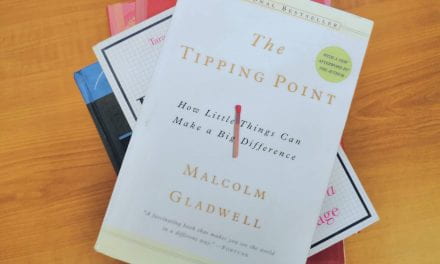If you type “are print b…” in Google search, you will see a list of auto-completes as follows:
- Are print books dead
- Are print books slowly dying
- Are print books slowly dying essay
The topic on whether the print book is dead or not is obviously something of interest to people that they make searches on them.
Articles such as these are common in these searches: Washington Post – Are printed books (finally) dead?, or from the Guardian – Paperback fighter: sales of physical books now outperform digital titles. Articles likes these typically address trade books which, according to the Washington Post’s article, is doing well:
In the case of academic books, is it doing just as well? According the report, Academic Book of the Future, while the number of academic titles published annually—especially in the UK—has increased in the last decade, sales have not kept pace, and sales per title have therefore fallen significantly.
What then are the alternatives?
Academic Books and Their Future provides a good discussion and point to some new and interesting possibilities, especially in Chapter 8 where a working definition of the enhanced monograph and a long list of examples of what future books could be like were provided. The executive summary, from pages 10 to 20, provide a very good overview on the issues that academic books face. Unfortunately, while many things, such as better discoverability, enhanced monographs, digital humanities, open access etc., can be done to alleviate the problems, they are themselves not solutions.
The perceived incentives for academics in arts and humanities to produce books in traditional form—in order to gain the scholarly credit and career rewards that follow from them—are now so strong that supply risks outstripping demand, in terms both of sales and of readership. A formal structure, through a group chaired by a senior and authoritative figure in the arts and humanities community, to facilitate dialogue across different stakeholders and to commission further research where necessary, is needed.
To conclude, while books are not dead, academic books in arts and humanities are not thriving either.







